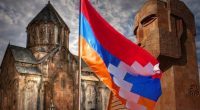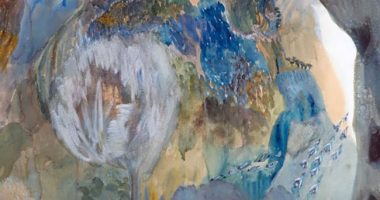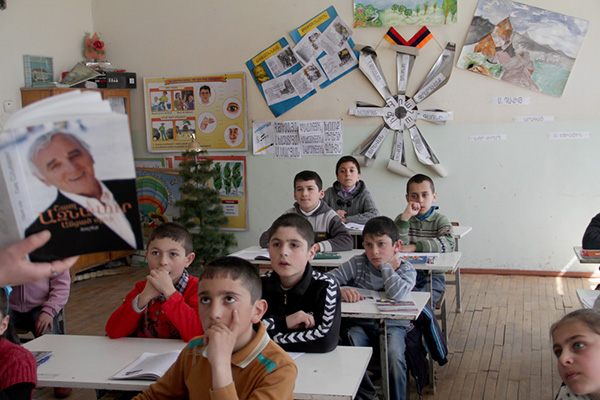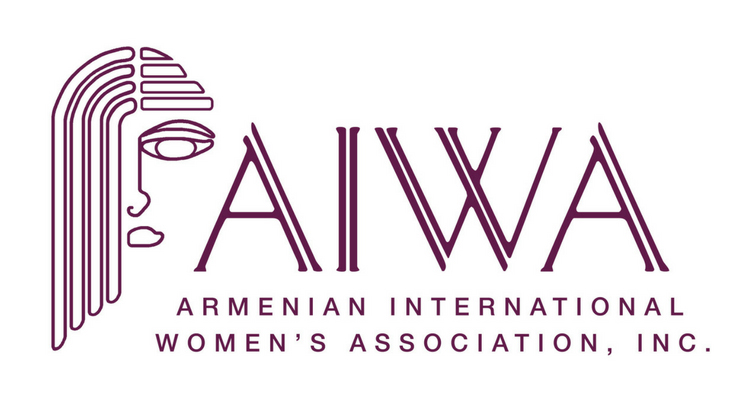“Character is Destiny” Heraclitus (540-475 B.C.)
“Destiny is not a matter of chance, it is a matter of choice; it is not a thing to be waited for, it is a thing to be achieved.” William Jennings Bryan (1860-1925)
After many months of voluntary cessation, we sit down with a frustrated heart to write these reflections. And the question that torments our minds is, “Why do we not learn from history and often make the same mistakes?” We do not think that the problem lies in our ignorance of the details of our centuries-long history. No. We are aware. And that is exactly what surprises us, because if we are aware, then why have we failed to learn lessons from it. It was only recently that we concluded that the problem is not a matter of history, but of culture. Culture, as the sum of a person’s emotional, intellectual and artistic abilities, ennobles his soul, contributing to the development of his character and thus his destiny. Even though we profess to be a nation of high culture, if we honestly ask how much we apply that culture in our daily lives, we will see that our answer will never be satisfactory.
If we applied our high culture in our daily life, instead of prioritizing our personal and sectoral interests, we would prefer to pursue our collective and national interests. We would not distort the history of our nation for the benefit of a section. We would not have resorted to fratricidal acts, eliminating our compatriot to replace him in his position. We would have learned the right lessons from our history and, without repeating the same mistakes, we would not have reached the very modest state in which we find ourselves as a nation. Instead of remaining a “small nation”, had we followed Khorenatsi’s advice, we would have regained our power and position among the progressive nations of the world.
When we look at the history of the peoples of the world, we see how the warring factions of a nation realized the benefits of the whole and managed to become a united force. They were able to do that, thanks to the high culture realized by most of the people, which pushed them to that success. We see how, after catastrophic accidents, they were able not only to get back on their feet, but also to reach new heights. Destroyed after World War II, Germany and Japan are great examples of unprecedented achievement through united strength, diligence, discipline and the preference of the national interest.
And what did we do when we gained our independence as a result of the collapse of the Soviet Union? Instead of building on the achievements of the wonderful first Artsakh liberation war, we exploited that victory to neutralize each other by internal conflicts and to divide the spoils. Which led to this disgraceful recent defeat, similar to the disgrace of Kars, a hundred years ago. Toumanian was very right when he wrote at the time that “we are corrupt from within” and dictated that we “sincerely confess and recognize our misfortune before the world” and develop “national wisdom, spiritual courage and healthy instincts” as a remedy. Attributes that are the core values of a solid character.
In our article “The Transient and the Permanent” published by “Massis” weekly on January 2, 2016, referring to Toumanian’s description of “spiritual courage and healthy instincts”, we concluded with the following words: “Here are two more examples of “permanent” values that will contribute to our self-improvement and enrich our “national wisdom”, thus remedying our partially distorted identity. Values that will lead us to appreciate the soul and the profoundness beyond the material and the superficial. Values that will give birth to kind hearts, high spirits and honest people. Values that will make us realize the importance of creative work over simple construction work. Values that will make us believe in the need for establishing a national building, beyond our private huts. We must have the courage to stand up to the crowd, to recognize and confess our shortcomings and misfortunes, and to shout with the courage of Paruyr Sevak, “For the sake of tomorrow’s truth, let me be wrong today.”
Our millennial history is full of wonderful “lessons” from the days of Artashes the Great to the present day. Surprisingly, we have failed to create a culture consistent with those lessons and to educate generations accordingly. Having been surrounded by states that propound brutal force, we have adopted the use of force in our own lives, unaware that the key to a dignified life in the case of “little nations” lies in creating a culture where solidarity and collective strength are paramount. We come to that realization by becoming a nation of honest and strong characters. After which, we cease to be individuals and groups that rely on fate, and start building our destiny at our own discretion, not as a result of chance.
When you have an honest character, you should not steal the sign on the highway to make a cover for your personal tonir. You will not destroy the signals posted to promote mountaineering, to keep people dependent on your personal services. You do not blame others for your failures and you admit your mistakes and shortcomings and correct them. When you have an honest character, you extend a helping hand to promising and especially talented but needy young people to develop their knowledge and contribute to the nation’s prosperity. You support the implementation of nation-building programs, realizing their wide-ranging benefits. You pay your dues to the state treasury, thus contributing to the country’s economic growth, improving the lives of the people, educating and developing generations, strengthening the army, and other universal benefits.
Will we follow the example of Germany and Japan to choose the destiny we deserve as a nation, or will we continue to be held captive by chance? On the eve of the Genocide, 2 million of the 18 million population of Ottoman Turkey were Armenians and we played a significant role. We were in the lead in Istanbul, as well as Tbilisi (Georgia) and Baku. But … we got massacred. Today we are hardly 3 million, situated in between 84 million Turkey and 10 million Azerbaijan. The odds are stacked against us, which should oblige us to give our best to achieve our goal. In addition to the population of Armenia, we have 7 million Diaspora Armenians who can make a significant difference in the scale of possibilities. But only if the culture of unity, diligence, discipline and the preference of national interest becomes nationally dominant in our activities.
Will we control our destiny, or will we wait for destiny to control us?
“To be, or not to be?”











